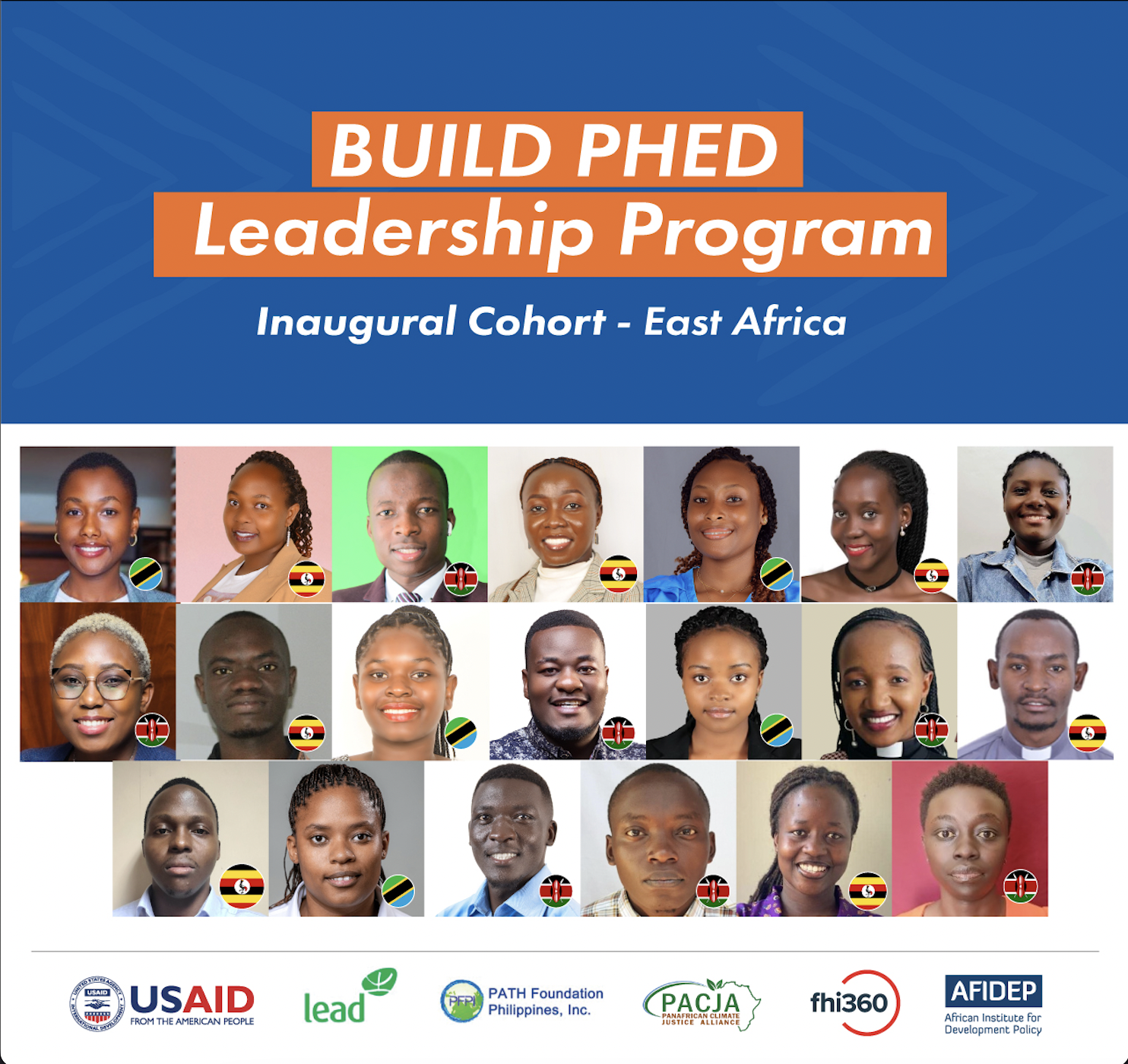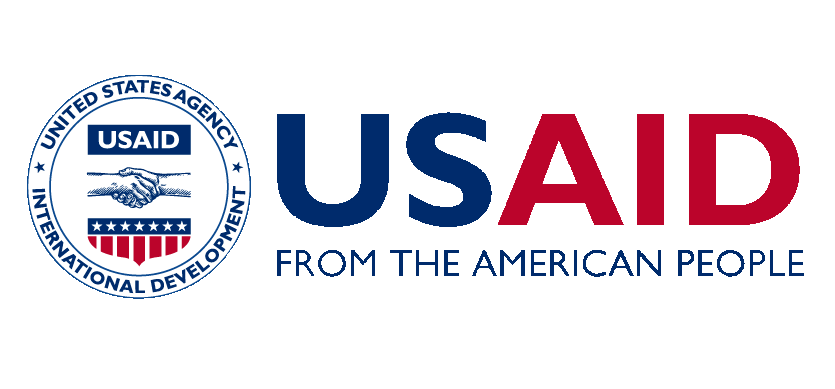
USAID-funded BUILD project launches PHED leadership program
November 29, 2023
By: Henry Neondo
This post was originally published on the AFIDEP website. To view the original post, click here.
The USAID-funded Building Capacity for Integrated Family Planning (FP) and Reproductive Health (RH) and Population, Environment and Development (PED) Action (BUILD) project is pleased to announce the first cohort of its global population, health, environment and development (PHED) leadership programme.
The first cohort, aged 18–29 years, is recruited from the three East African nations of Kenya, Tanzania and Uganda. The programme equips participants with the cross-sectoral skills and knowledge needed to advocate, plan and implement integrated programming responsive to interlinked development goals.
“It is vital to create a critical mass of young leaders who understand cross-sectoral approaches to development”, said Clive Mutunga, BUILD Project Director. “By having young people in government, civil society, and private sector advocating and implementing approaches that link population, health, environment, and development across the region, its future is secure.”
The cohort will undergo a 12-day in-person training in Kenya from November 20 to December 1, 2023, followed by virtual follow-up sessions over 12 months. Modules cover an in-depth introduction to the “P” – “H” – “E” and “D” approach and its integration within broader sustainable development initiatives. This is complemented by understandings of systems thinking, strategic communications, policy advocacy, integrating gender and youth, and entrepreneurship, among others.
The leadership programme is one of the components of the BUILD project which aims to spur strong political commitment, sustained financial resources, and accountability for voluntary family planning and reproductive health in low- and middle-income countries, leveraging the interconnectedness of PHED. The five-year project is funded by the United States Agency for International Development (USAID), and is led by the African Institute for Development Policy (AFIDEP) in partnership with Leadership for Environment and Development Southern and Eastern Africa (LEAD SEA); PATH Foundation Philippines Inc. (PFPI); FHI 360; and Pan-African Climate Justice Alliance (PACJA).




